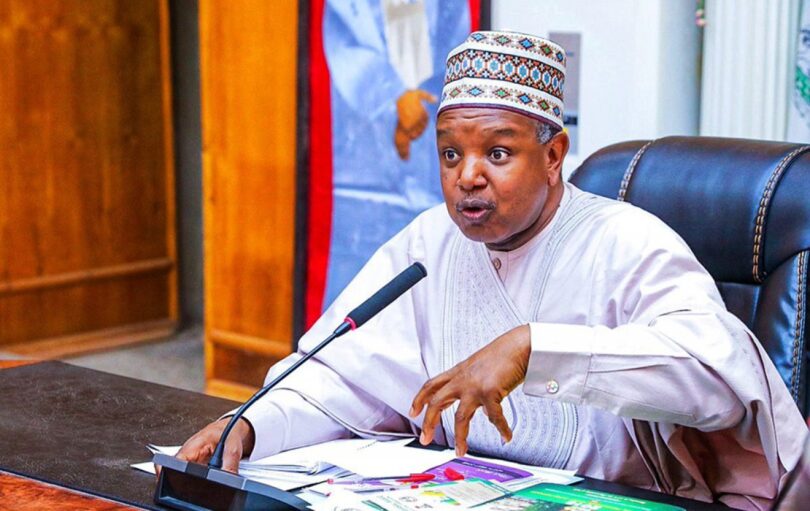The Minister of Budget and Economic Planning, Atiku Bagudu, has urged Nigerian states to rapidly access the remaining $329.52 million from the Nigeria COVID-19 Action Recovery and Economic Stimulus (NG-CARES) programme.
This was as he inaugurated a Federal Cares Steering Committee (FCSC) for the programme in Abuja on Tuesday.
The initiative, backed by a $750 million World Bank loan, is designed to alleviate the pandemic’s impact on vulnerable populations and stimulate local economies.
Despite the availability of the fund, a significant portion remains unutilised. As of December 31, 2023, only $420.48 million, representing 56% of the total funds, has been accessed by states and the Federal Capital Territory (FCT).
This further prompts the call for immediate action to utilise these funds, especially given their concessionary loan nature with less than a 2% interest rate.
Bagudu said:
The World Bank representative, Lire Ersado, highlighted the programme’s flexibility, allowing states to tailor the interventions to their specific needs. The programme’s focus areas include social transfers and livelihood support, agricultural development, and SME assistance.
A total sum of N210.29 billion ($420.48 million) under the NG-CARES programme has been released to 35 states and the Federal Capital Territory (FCT). Imo state is the only state that has not met the criteria to get the funds.
A document from the Ministry of Budget and Economic Planning showed Zamfara state got the highest amount of N15.5 billion, Nasarawa got N15.2 billion, Lagos got N5.3 billion, Kogi got N698.3 million, Benue got N370.8 million and the FCT got N3.4 billion. Katsina got N3.2 billion, Kebbi got N9.2 billion, Kwara got N5.1 billion, Niger got N15.2 billion, Ogun got N2.012 billion, Sokoto got N11.6 billion and Rivers, N6.7 billion.
The NG-CARES (Nigeria COVID-19 Action Recovery and Economic Stimulus) programme targets the sustenance of livelihoods, food security, and the revival of small and medium-sized businesses affected by the COVID-19 pandemic. It also includes measures to mitigate various shocks, including natural disasters and economic policy impacts.
National Coordinator of NG-CARES, Abdulkarim Obaje, calls for an enhancement of the programme’s structure. He suggests continuous training, increased funding, and even a name change to “Nigeria Community Action for Recovery and Economic Stimulus (NG-CARES)”.
Obaje also emphasises the importance of advocacy to improve understanding and performance of the program, particularly in states with poor performance.
He said:
In response to the need for faster fund utilisation, the programme’s deadline was extended by a year, moving the closing date to June 30, 2024. To date, NG-CARES has positively impacted 1,656,731 individuals and 44,196 firms across Nigeria.
This development marks a crucial opportunity for Nigerian states to accelerate their economic recovery efforts by taking full advantage of the NG-CARES programme. It is an invitation to turn these idle funds into active instruments for mitigating the lingering effects of the pandemic on Nigeria’s most vulnerable communities and sectors.







